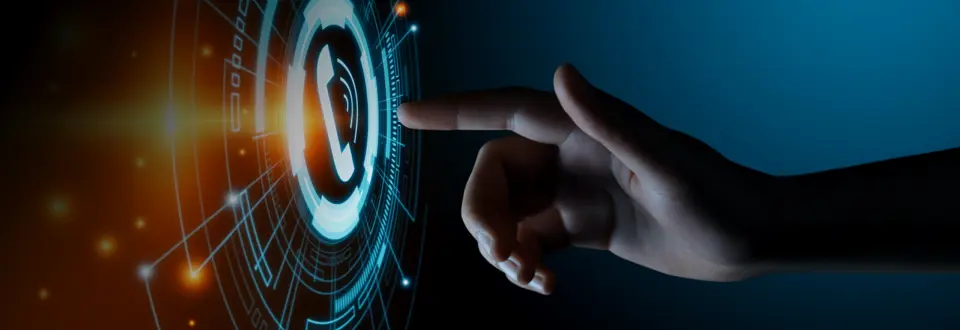DO-V pioneers environmental protection

Right from the beginning of 2018,Petrolimex began sellingEuro 5 diesel (DO-V) in the domestic market. This is known as the diesel of highest quality in Vietnam. On the World Environment Day, June 5, the Cong Thuong (Industry & Trade) magazine speaks to Petrolimex/PLX Deputy Director General Nguyen Quang Dungabout the environmentally-friendly product.
PLX is considered a pioneer in trading high-grade diesel (DO-V with a sulfur content of 0.001%) in Vietnam as of January 1, 2018. How has the product been welcome by local consumers?
Mr Nguyen Quang Dung: This is currently the most popular high-grade diesel with quality and cleanliness standards many times higher than commonly-known diesel fuels in the domestic market. Of note, the levels of harmful exhaust emissions are reduced by 50 times as compared to normal fuels.
After five months on sale, the consumption of DO-V has increased from starting point of 0% to 40% of total diesel volume that Petrolimex is trading. The figure demonstrates the market’s acceptance of the new product which is doing good for both engines and environment.
In addition, [with increased use of Euro 5 diesel] rather than the diesel fuel with sulfur content of 0.05% by motorbikes the quality of environment has been markedly improved.
That the sulfur content reduced from 0.05% to 0.001% is of great significance, particularly for people living in populous urban areas including Hanoi and Ho Chi Minh City.
As such, PLX is trading two types of DO at the same time. Will PLX continue to do so or how will the enterprise’ product strategy be? And why?
Mr Nguyen Quang Dung:Petrolimex’s product strategy is to maximise its strengths in material resources and experience in business organisation, update scientific and technological advances to provide customers with best quality products and services, and pioneer in research to select advanced products for the market.
As the Vietnamese economy is in the transitional period, differences in development and income remain among market areas, and old generation vehicles are still in circulation for a certain period of time before they are replaced with higher-quality ones, Petrolimex understands that demand for fuel types will be diverse so we are trading two types of diesel to meet customers’ need. Nevertheless, DO-V is quite compatible with old generation vehicles from an environmental perspective.
How has DO-V, with its prominent technical characteristics for diesel engines and environment, been welcome by automakers and businesses using diesel engines?
Mr Nguyen Quang Dung: Before and after DO-V was officially introduced in the market, Petrolimex organised numerous meetings for technical and commercial information exchanges with relevant bodies, especially well-known automobile manufacturers in domestic and international markets to learn about and evaluate market feedback from the perspective of engine manufactures.
The most common standpoint that we noticed was the complete consensus and support for putting DO-V on sale as soon as possible. Quite a few plans to put into use vehicles with advanced diesel engines in Vietnam had to be postponed due to a lack of stable supply of high-quality and clean fuel across the country.
This is also a great encouragement from automobile manufacturers and customers who need to use new generation vehicles, which facilitated Petrolimex to start trading DO –V earlier than scheduled.
What should we do together to bring clean fuels (including DO-V) into life?
Mr Nguyen Quang Dung: Petrolimex considers vision, awareness of and responsibility towards environment, and society are first and foremost significant elements.
Once these elements are identified, and long-term interests of consumers, society and petroleum businesses are harmonised, the communication of the advantages of clean fuels, State policies in this area, responsibility and close coordination between automobile manufacturers and petroleum businesses, and the support of customers are necessary conditions to ensure that clean fuels are quickly put into use in life.
Could you please let us know whether clean fuels are entitled to any State preferential policies?
Mr Nguyen Quang Dung:Clean fuels consist of petrol and diesel commodities that contain biological elements and/or distilled to remove as much of pollutants as possible to the detriment of the human environment.
Based on the standards mentioned above, clean fuels include unleaded gasoline-ethanol blends, unleaded Euro 4 and 5 petrol (commonly known as emission levels IV and V in Vietnam); biodiesel, and diesel with pretty low sulfur content such asDO-Vwhich Petrolimex pioneers to supply the Vietnamese market.
Regarding favourable policies for clean fuels, at present only biofuelE5is eligible for preferential treatment in two taxes: special consumption tax and environmental protection tax.
At the very moment, diesel DO-V has not been entitled to [such preferential treatment] as E5. DO-V is still subjected to taxes and fees as common diesel types.
We believe that living environment is crucial to each of us and to future generations. Therefore, besides Petrolimex’s efforts to pioneer the supply of DO-V and biofuel, RON 95-III and RON 95-IV; we expect consumers to join hands to protect the environment through the use of clean fuels.
Furthermore, we hope that the State would soon consider and implement incentives for clean fuels to realise the sustainable growth target from a national perspective; including the care for living environment and health of local people.
Thank you!










